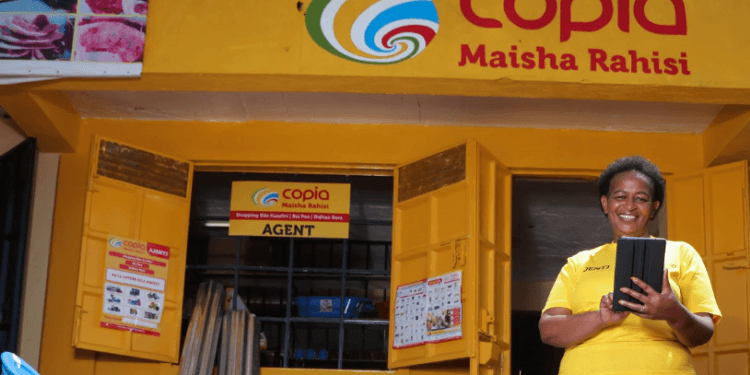Copia Kenya intends to sell off its assets, including furniture and tech equipment, as it prepares to leave the Kenyan market after ten years.
The company plans to sell its website, brand, and customer base.
Copia Kenya’s journey from revolutionising rural retail to a full-scale exit after a decade is a sobering reminder of the harsh realities of the startup world.
As they prepare to sell off assets, it’s clear that even well-established players can struggle to find a sustainable path (including MarketForce, which shut down the other day).
What does this mean for the future of last-mile e-commerce in Kenya? And what lessons can other startups learn from Copia’s story?
The landscape is changing, and the next chapter in Kenyan tech will be one to watch closely.
Note that in rural areas, purchasing power is lower than in urban areas, and hence most essential goods attract low margins (10%). Glovo was smart enough to have a similar plan as Jumia, but with a focus on food and beverages.
Economists say retail outlets are part of the value chain for most consumer goods. Copia eliminated wholesalers and distributors but failed to consider that these players possess a more extensive product line, a wider market reach, and incentive programs, in contrast to Copia, which operates as a business-to-consumer (B2C) enterprise.


















